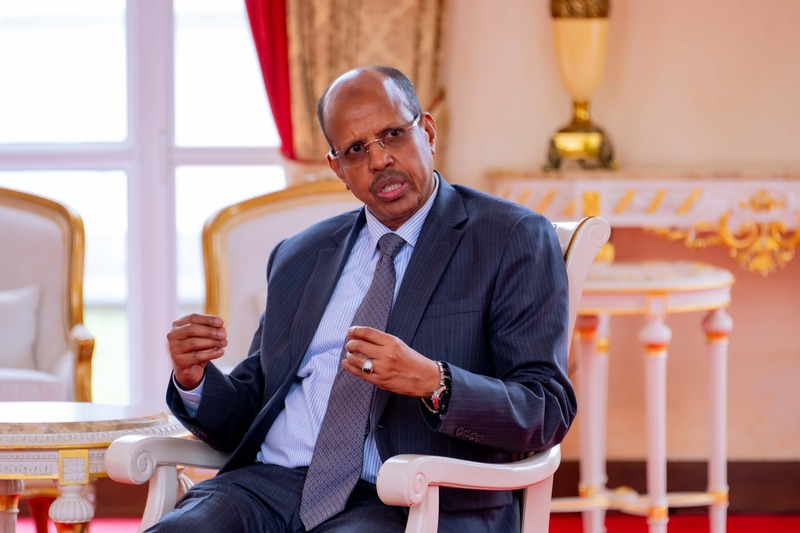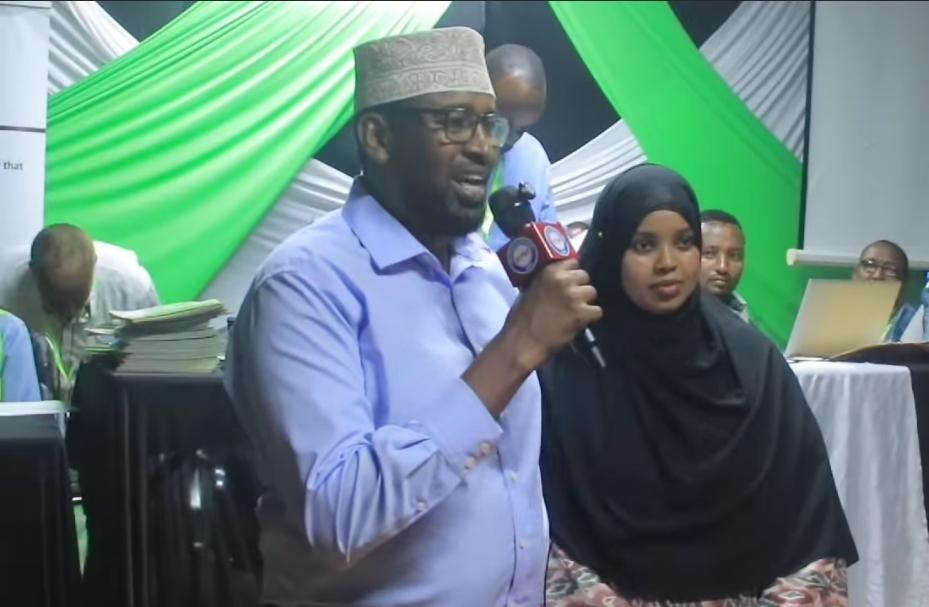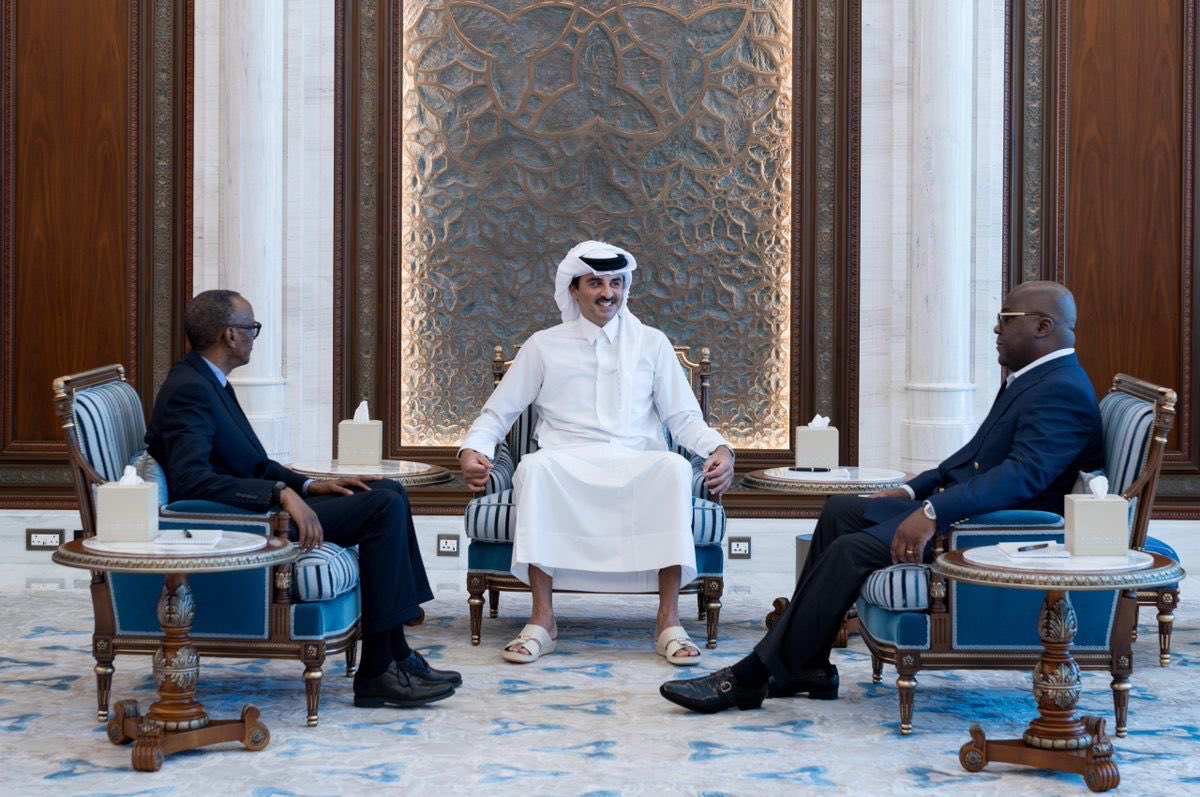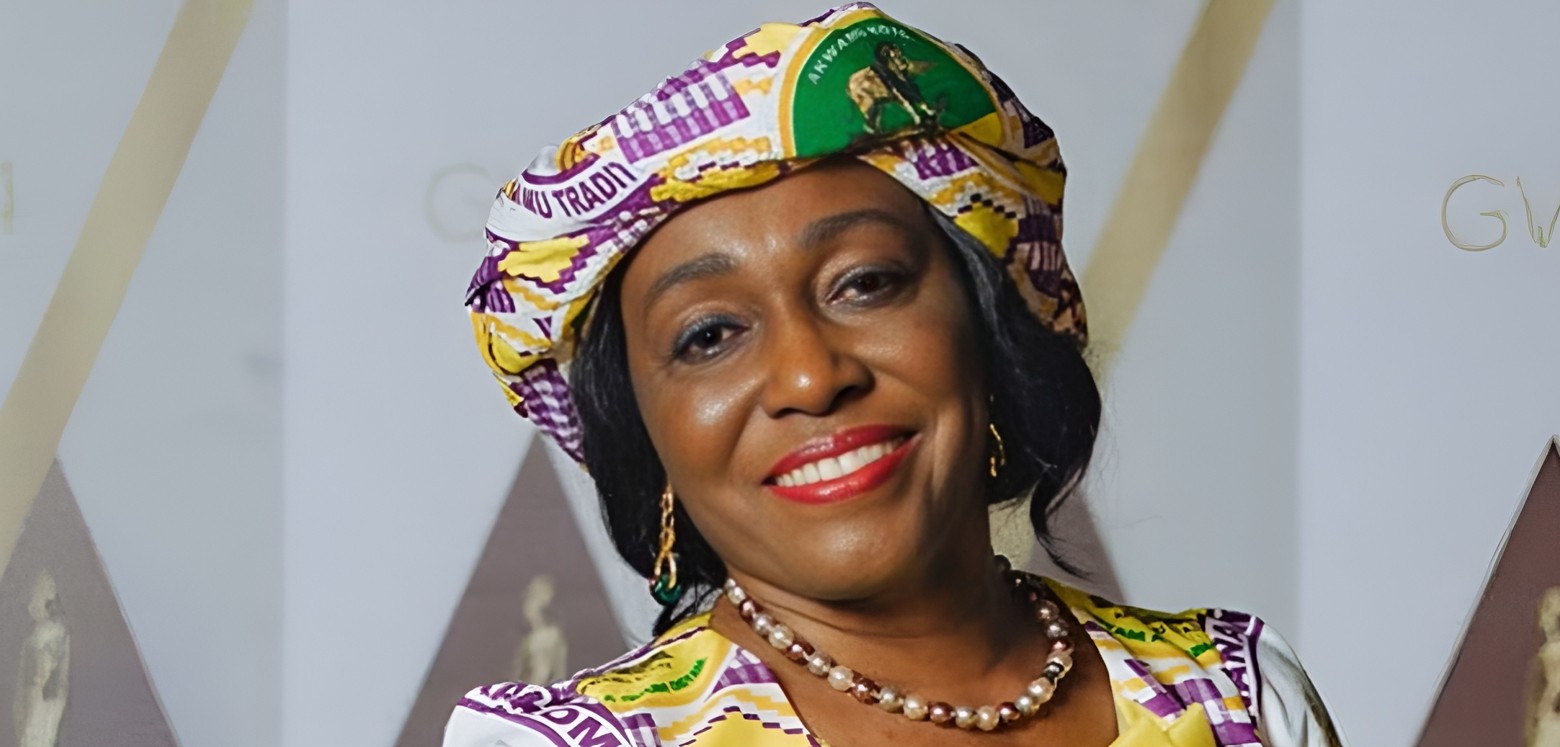South Sudan invites AU, IGAD chiefs for crisis talks amid fears of renewed conflict

IGAD's Executive Secretary Workneh Gebeyehu urged all actors to avoid unilateral actions and respect the framework of the 2018 accord, still regarded as South Sudan's best shot at sustainable peace.
South Sudan's Foreign Minister, Monday Semaya, has extended a formal invitation to Mahmoud Ali Youssouf, Chairperson of the African Union Commission, and Mohamed Abdi Ware, Deputy Executive Secretary of IGAD, to visit Juba for urgent high-level political consultations.
The move signals an attempt to shore up regional diplomacy as the country teeters on the brink of renewed conflict.
More To Read
- 1,000 weapon‑wounded patients treated in South Sudan hospitals this year - ICRC
- IGAD ministers renew regional pact on refugees as Kenya demands fair burden‑sharing
- Kenya’s refugee population hits 860,000 as State pushes integration plan
- IGAD rallies region to tackle deepening displacement crisis amid funding cuts, conflict
- Daua Dam, irrigation masterplan gain momentum after high-level talks in Nairobi
- From silence to strength: South Sudan women leaders speak out and drive change
According to the Ministry of Foreign Affairs in Juba, the proposed visit is designed to strengthen regional cooperation, particularly with neighbouring Sudan, and provide a platform for diplomatic dialogue as domestic tensions escalate.
The invitation announced on Monday comes amid mounting fears that South Sudan could slide back into chaos, just years after emerging from a bloody civil war.
Despite the gravity of the situation, both IGAD and the AU—regional and continental guarantors of South Sudan's 2018 Revitalised Agreement on the Resolution of Conflict (R-ARCSS)—have remained conspicuously muted.
Their inaction, often justified under the principle of non-interference, has increasingly been viewed as diplomatic inertia in the face of political decay.
In its most recent statement, IGAD warned that the unfolding political rift "seriously undermines the R-ARCSS and risks plunging the country back into violent conflict."
IGAD's Executive Secretary Workneh Gebeyehu urged all actors to avoid unilateral actions and respect the framework of the 2018 accord, still regarded as South Sudan's best shot at sustainable peace.
The African Union, through its Peace and Security Council (AUPSC), is similarly constrained.
While the Council was conceived as the continent's chief conflict-resolution mechanism, it has often struggled with credibility, enforcement, and consistency.
Funding constraints, lack of political will among member states, and overlapping mandates have reduced the AUPSC's effectiveness to that of a diplomatic observer, reactive rather than proactive.
This is not new terrain for Juba. Since gaining independence in 2011, South Sudan has been caught in a cyclical pattern of elite fragmentation, power-sharing experiments, and conflict relapse.
The civil wars of 2013 and 2016 exposed the fragility of its post-liberation statehood and forced international and regional actors into frantic mediation.
While the 2018 R-ARCSS temporarily slowed the descent, implementation has been sluggish and selective.
With President Salva Kiir and former Vice President Riek Machar locked in a political standoff, the space for meaningful national dialogue is shrinking.
The invitation extended to AU and IGAD signals Juba's recognition, perhaps belated, that regional legitimacy may be the only remaining ballast in a rapidly destabilising political order.
Top Stories Today












































